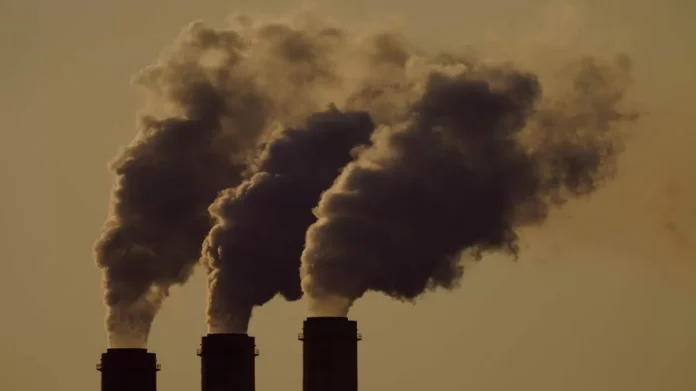The Trump administration has announced its plans to delay and potentially weaken water pollution rules for coal-fired power plants. In a recent press release, the Environmental Protection Agency (EPA) stated that it will “propose to extend compliance deadlines” for certain requirements in a regulation put in place during the Biden administration. The agency also declared its intention to “revisit” some of the measures, which have been widely praised for their efforts to protect our waterways from the harmful effects of coal pollution.
This announcement has caused concern and criticism among environmental advocates, who see it as a step backwards in the fight against water pollution. The Biden-era regulation, known as the Effluent Limitations Guidelines (ELGs), was a significant achievement in the efforts to reduce pollution from coal-fired power plants. It set strict limits on the amount of toxic metals, such as mercury and arsenic, that these plants can discharge into our water sources. The EPA estimated that the regulation would prevent the release of millions of pounds of toxic pollutants each year, leading to cleaner and healthier water for communities across the country.
However, in its press release, the EPA stated that it wants to “ensure that the ELGs are achievable and affordable for all affected facilities.” This suggests that the agency believes the regulation may be too burdensome for coal-fired power plants and could potentially harm their economic viability. This position aligns with the Trump administration’s overall agenda of rolling back environmental regulations in favor of business interests. But at what cost?
The EPA’s proposed delay and potential weakening of the water pollution rules for coal-fired power plants could have serious consequences for our environment and public health. Coal is a major source of water pollution, with power plants being responsible for more than 50% of all toxic pollutants released into our waterways. These pollutants not only harm aquatic life but also pose a significant risk to human health. They can cause cancer, birth defects, and other serious health issues, especially for communities living near these power plants.
The Biden administration’s ELGs aimed to address these concerns and protect communities from the dangers of coal pollution. It was the result of extensive scientific research and collaboration with industry stakeholders, environmental groups, and public health officials. The proposed delay and revision of the regulation will not only undermine these efforts but also put human health and the environment at risk.
Moreover, this move by the Trump administration sends a troubling message about its commitment to protecting our water sources. Clean and safe water is a fundamental right for all people, and it is the EPA’s responsibility to enforce regulations that ensure this right. By delaying and potentially weakening the water pollution rules for coal-fired power plants, the EPA is failing to fulfill its duty to protect the public and our environment.
The timing of this announcement is also concerning. With the effects of climate change becoming more severe and urgent, we need strong and effective regulations to reduce pollution and transition to cleaner forms of energy. Rolling back environmental regulations will only further contribute to the climate crisis and put our future at risk. It is not only short-sighted but also goes against the global efforts to combat climate change.
In conclusion, the Trump administration’s plan to delay and potentially loosen water pollution rules for coal-fired power plants is a regressive step that undermines the progress made in protecting our water sources. It puts the interests of the coal industry above the health and well-being of the public and the environment. As a nation, we must urge the EPA to prioritize the health and safety of our communities and reject any attempts to weaken important regulations that protect our water sources. Our future depends on it.

